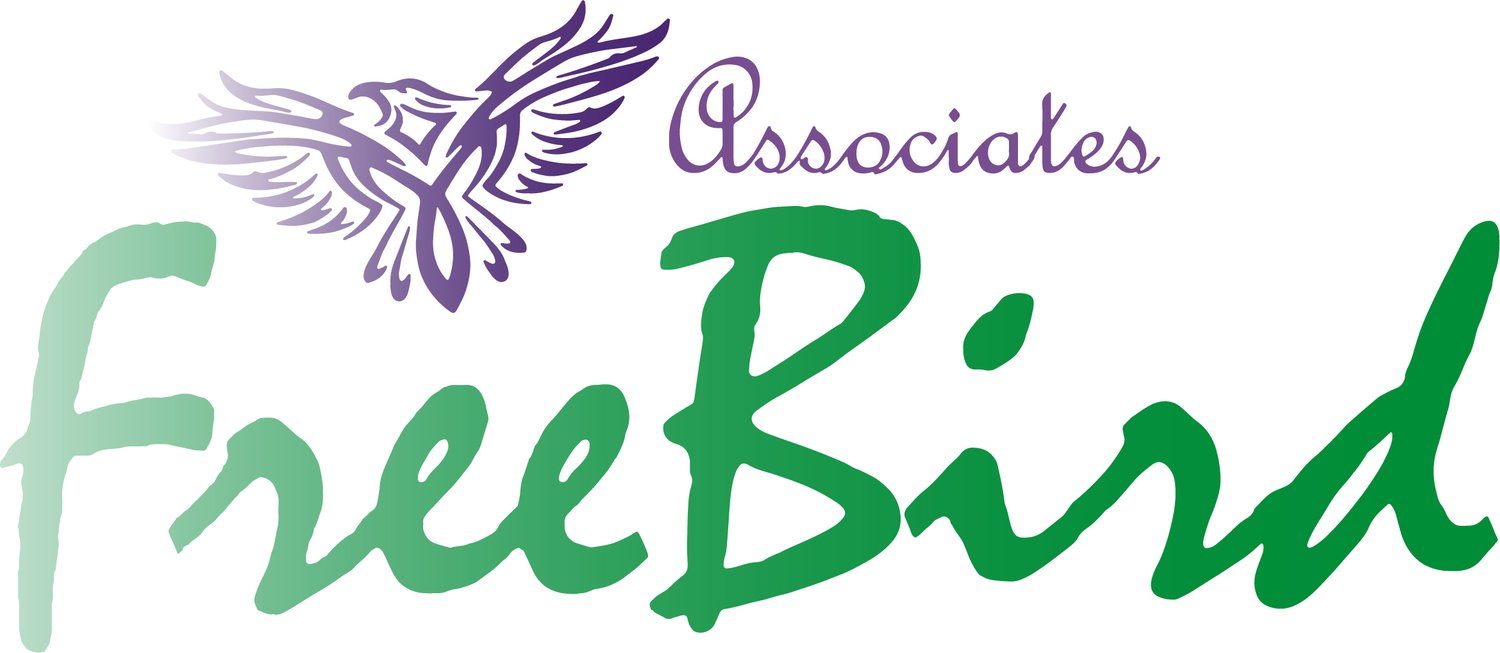Our commitment and expectations of Evaluation:
Practice without theory is blind, theory without practice is sterile. Karl Marx.
At FreebIrd Associates we are driven by a desire to improve practice so that those needing health or social care support are supported in a way that is right for them. To do this we believe that theory and practice need to be combined; so that delegates understand the principles of the subject being discussed and make sense of them in their practice. This also supports the principles of effective training transfer. (Vermaulen 2002, Clarke 2002, Holton & Baldwin 2003, Pike 2012).
The more the training evokes work reality, the more trainees will believe that the program will help them to perform better. Vermaulen 2002:37
The training transfer literature also identifies the importance of learners preparing for workshops for them to be most effective. Whilst learning needs should be identified through supervision, appraisals etc. we also know that there is perceived pressure upon providers to “put staff on training” to meet regulatory requirements. To support with preparing staff for the workshop we send a pre-workshop questionaries’ that invites learners to reflect on their Knowledge, skills and attitudes with regards the subject of the workshop, including how confident they feel about these things. We ask that they bring them with them to the session, we have copies with us, if learners do not bring them with them, so that they still have an opportunity to reflect. ( appendices)
We use this date to ensure that our programmes are meeting learners needs. We also need to evaluate not only the learners experience, but what they have learnt and perhaps more importantly what are they going to do with it, how are they going to apply it to their practice.
To help us do this we have adopted a model of evaluation based on Kauffman’s model of learning. Whereas Kaufman’s model asks us to reflect on the impact of the learning on society, we feel that might be a bit of an ask from a half day or even whole day workshop, although we can always dream! It is important though that there is some reflection on how the learning is impacting on organisations performance, especially when we are delivering single agency bespoke workshops. ( appendices)
Level 1: Input, reflections of the course materials, the knowledge shared
Process, reflects on how it was facilitated, the exercise used.
Level 2: Acquisition of learning. What have the learners learnt.
Level3: Application. How will it impact on praxtice.
Level 4: Impact on organisation. ( completed by manager) how has the learning supported the organisations performance ( in particular when bespoke sessions).
Rather than ask learners to complete this evaluation at the end of a session, when the reality is that people just want to beat the traffic, we send an electronic copy to them, pre populated with workshop details, and ask them and their managers to complete 2 weeks after the workshop. This enables time for reflection, and whilst we acknowledge not everyone will return them, we believe the data we receive back is more robust than “happy sheets” at the end of a session.
The data collected from the pre & Post workshops is anayised after each course and a brief summary is captured for us to reflect upon and make any necessary changes to the programmes. If the workshop is a commissioned bespoke workshop, then this summary is sent to the commissioning service.
Give the pupils something to do, not something to learn and the doing is of such a nature as to demand thinking, learning naturally results. John Dewey.
Reviewed 6th August 2019
